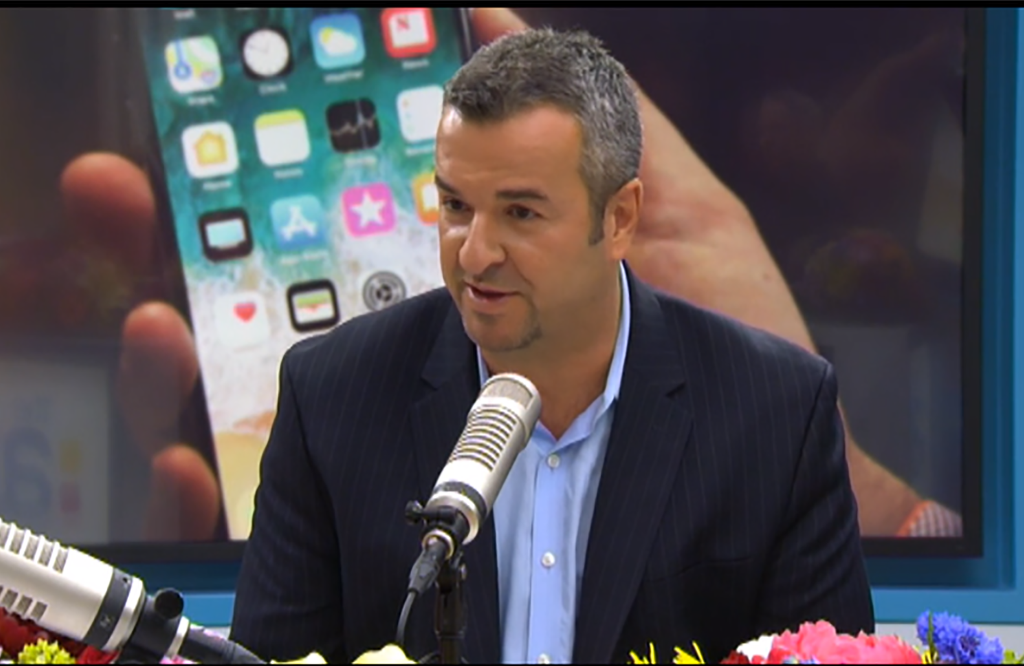
OUR MISSION & TEAM
About Us
Your freedom is our mission.
Humanality is a 501 (c)(3) non-profit corporation that exists to help people discover freedom through an intentional relationship with technology. But more than that - we teach you to flourish in your humanity.
There’s more to wellness than just “not looking at a screen.” We created the first digital detox wellness program that shifts the focus from the problem (digital addiction) to the solution (being more human).
Through the unique Village experience among your friends, family, community, or fellow students we give you the inspiration, data, science, and blueprint to live your life to the fullest, so you can use technology as a tool and not let it use you.
Let’s reclaim our humanity and engage reality together.
Our Team
-

Andrew Laubacher, Executive Director
Andrew Laubacher is the Executive Director of Humanality, a movement dedicated to helping people overcome digital addiction and reclaim their humanity. With degrees in Theology and Philosophy, Andrew brings a unique perspective to addressing modern technological challenges.
His diverse background includes a decade as a touring musician, giving him a global outlook on human connection. As a National Board Certified Health and Wellness Coach and personal trainer, Andrew combines his expertise in well-being with Humanality's mission to create practical strategies for digital detox.
-

Sandy Barba, Director of Programs
As the director of Programs for Humanality, Sandy brings a background in student life, missionary work, and fundraising. With further studies in Philosophy at the Pontifical University of St. Thomas Aquinas, Sandy’s passion for fortifying true culture and the need for authentic human connection continued to grow with each plate of amatriciana consumed in the eternal city.
At Humanality, she assists Village leaders in empowering fellow students and their communities to build meaningful relationships off-screen. Sandy currently resides in sunny southern California where she enjoys making coffee in the mountains, throwing on the potter’s wheel, and bringing friends together for shared meals.
Board of Directors
Board of Advisors
















